The Surprising Story Of The Man Who Was President For One Day
There is one historical figure who may not be well-known but holds the distinction of having been president for a day. You may not have read about him in books or learned about him in school, but he existed nonetheless.
His true story is somewhat of a historical mystery–making it all the more enticing. Read on to discover who this man was and how he came to be America’s president for a day.
THE “WHAT IF” GAME
You’d be hard-pressed to find someone who hasn’t indulged in a game of “what if” at some point in their lives. This game allows us to consider different scenarios and how we might react or make choices in hypothetical situations.
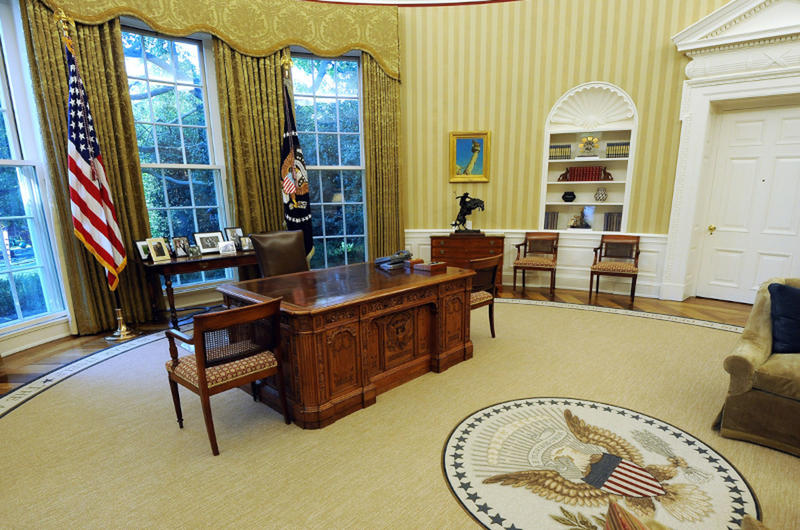
Source: emagine.us
One classic “what if” question that often comes up is, “What would you do if you had power for a single day?” The thought of having it, even for a short time, can lead to interesting discussions and revelations about ourselves and our values.
A KENTUCKY MAN
David Rice Atchison was born in the town of Lexington, Kentucky, in 1807. His history is intriguing but somewhat mysterious. After completing his legal education and establishing himself as a lawyer, he decided to relocate his practice to Missouri.
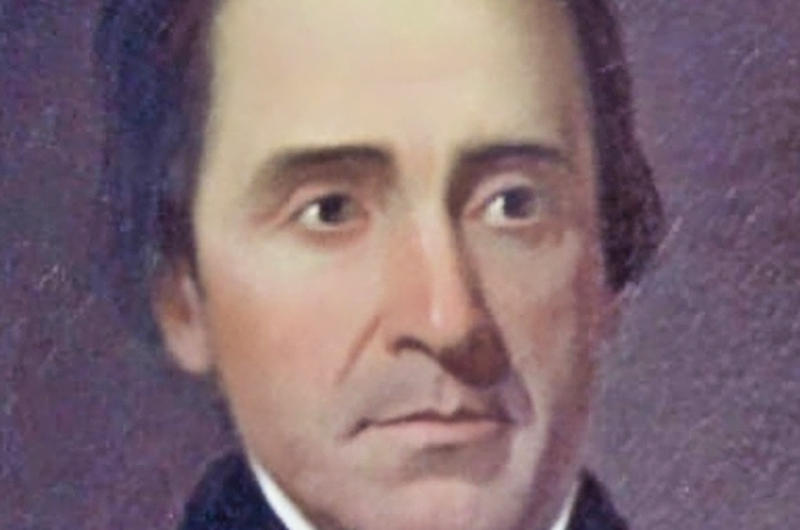
Source: History.com
Though this may not seem a particularly significant event at first glance, it was during his time in Missouri that the young lawyer took on an important client. A client that went on to play a significant role in shaping his career.
HIS WELL-KNOWN CLIENT
Joseph Smith is well-known as the founder of the Church of Jesus Christ of Latter-day Saints, now more commonly referred to as the Mormon Church. However, this church did not always enjoy the general acceptance it has today. In fact, there was a time in history Mormons were not welcome in Jackson County, Missouri.
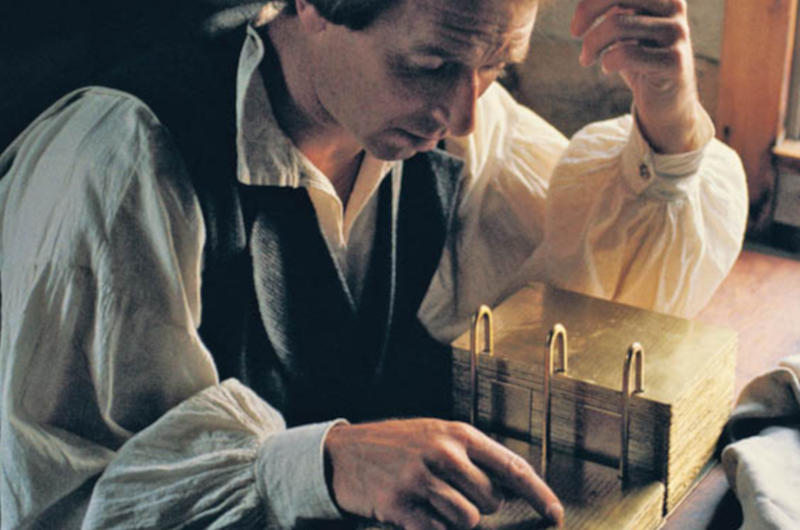
Source: thefamily.com
In response, a group of supporters formed to advocate for the rights and acceptance of Mormons in society and government positions. The group eventually secured representation for the Mormon community in the House of Representatives.
FIGHTING WITH THE FORCE OF THE LAW
In 1838, tensions were high, and the Militia had become agitated. At this time, numerous allegations were being made against the Mormon community, and many members faced persecution and discrimination. So, Atchison decided to stand up for the Mormon members and defend them the way he knew how to–by law.
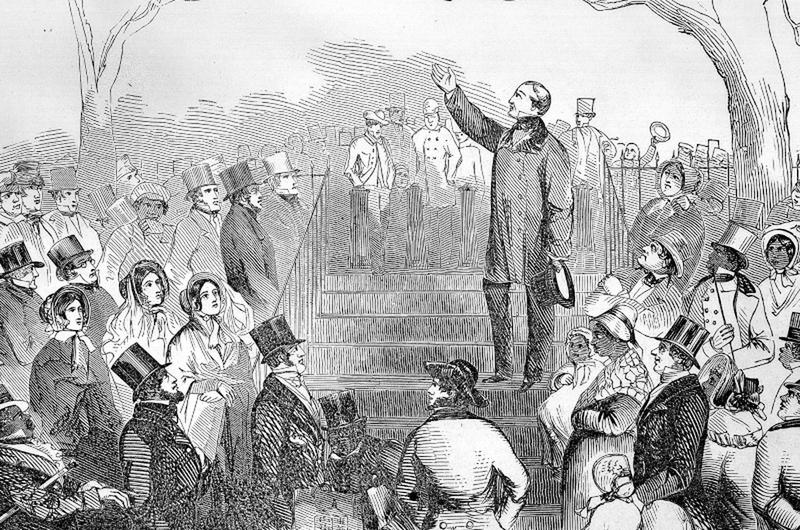
Source: studyblue.com
Word of Atchison’s efforts spread, and more and more supporters joined in to lend their voice to the cause. This show of solidarity and support helped to give the Mormon community a greater hope for the future and was a testament to Atchison’s integrity.
SENATOR TO BE?
As Kentucky continued to grow and prosper, the state needed representation in the US Senate. Many looked to Atchison for the role, and he was highly favored to take the spot. The young lawyer from Kentucky had already made a name for himself and enjoyed widespread respect among his compatriots.
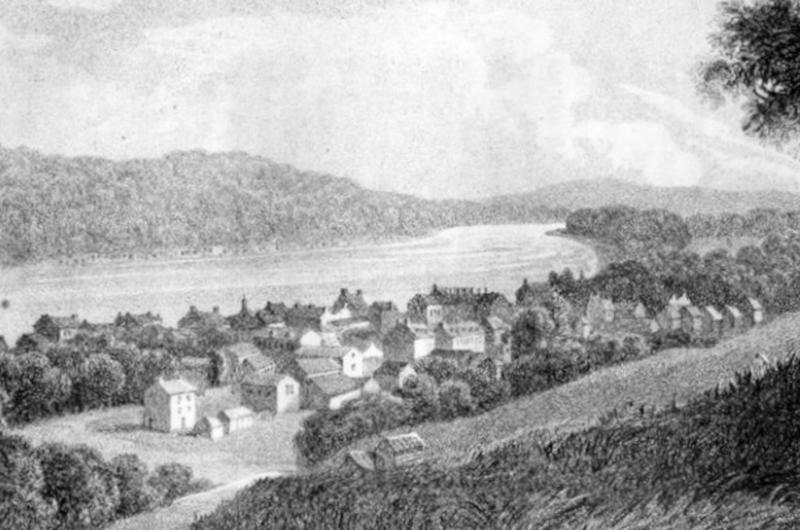
Source: redtiger.com
However, there was hesitation when he was considered for nomination for the position due to his age. At that point in history, at 36 years old, Atchison was considered too young to be a senator–despite his qualifications and experience.
A MAJOR GOVERNMENT ROLE
Atchison had already gained the firm support and backing of the Mormon community in his home state of Kentucky and beyond. Primarily due to his efforts to defend and protect their rights. In addition, he possessed a certain charm that made him popular among the people.
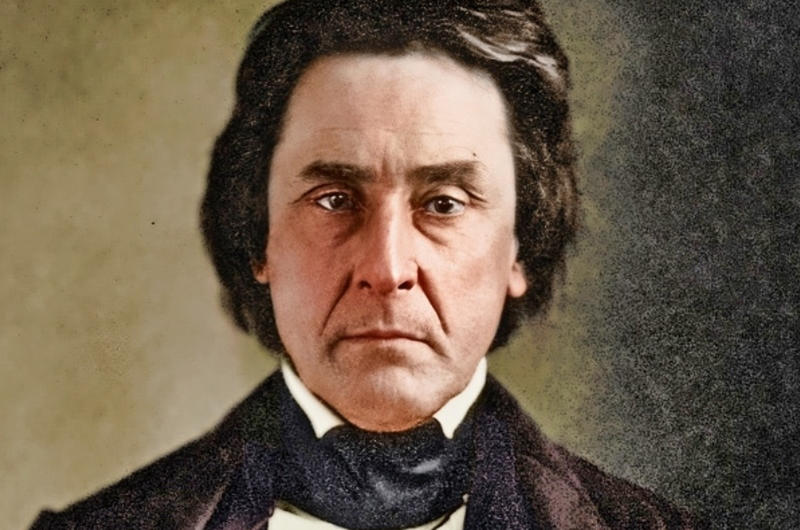
Source: History.com
These factors combined ultimately contributed to Atchison’s eventual success in securing a seat in the Senate. However, unfortunately soon after he took office, a new problem arose.
CONFLICTING BELIEF SET
As a political figure, Atchison was known by all for supporting the freedom of religion. He was an advocate for this particular fundamental issue. However, despite this belief, Atchison was also a vocal and avid supporter of slavery. He actively and openly opposed the abolitionist movement. Atchison was even known for threatening those not pro-slavery. This harsh take showed the depth of his conviction on this issue.
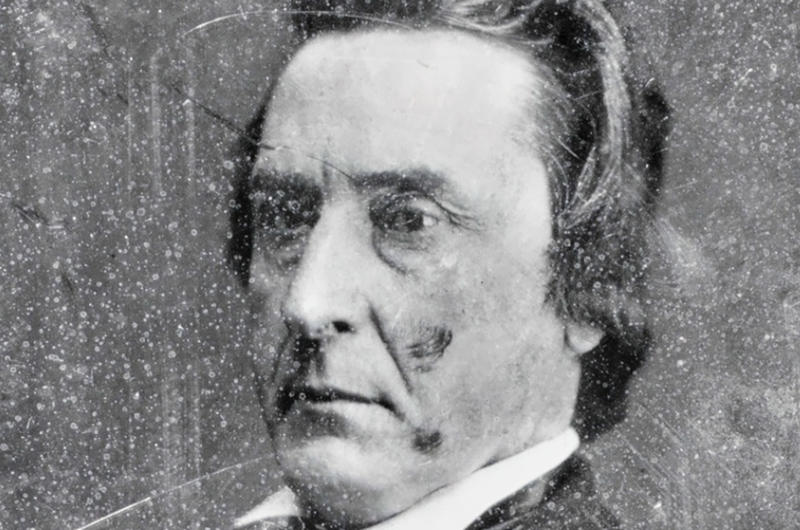
Source: flickr.com
Ironically, despite his support for one form of personal freedom, Atchison’s views on slavery revealed a profound contradiction in his thinking.
SOUTHERN SUPPORT
Due to his outspoken vocal support for slavery, David Rice Atchison gained a significant following among citizens of the southern states where slavery was practiced. His southern support was so strong that a town was named after him to recognize his views on this issue. The collective confidence of the southern states grew due to Atchison’s influence.
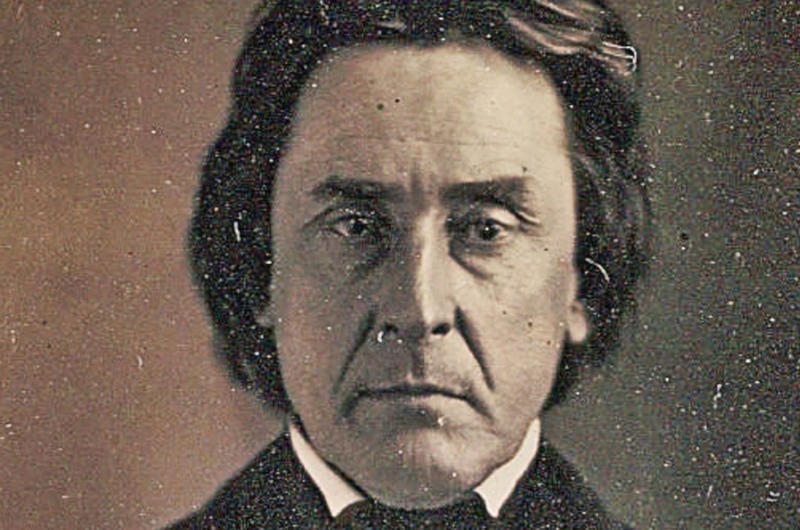
Source: History.com
But tensions began to rise with the increasing divide between those who supported slavery and those who opposed it. As violence and anger began to escalate on a broad scale, many started to wonder how those with such strikingly opposing viewpoints could have risen to such positions of power and influence.
POLK: A MAN OF HIS WORD
The reason that individuals with conflicting views on slavery, such as David Rice Atchison, were able to rise to positions of power and influence can be traced back in history to President James K. Polk and his successor.
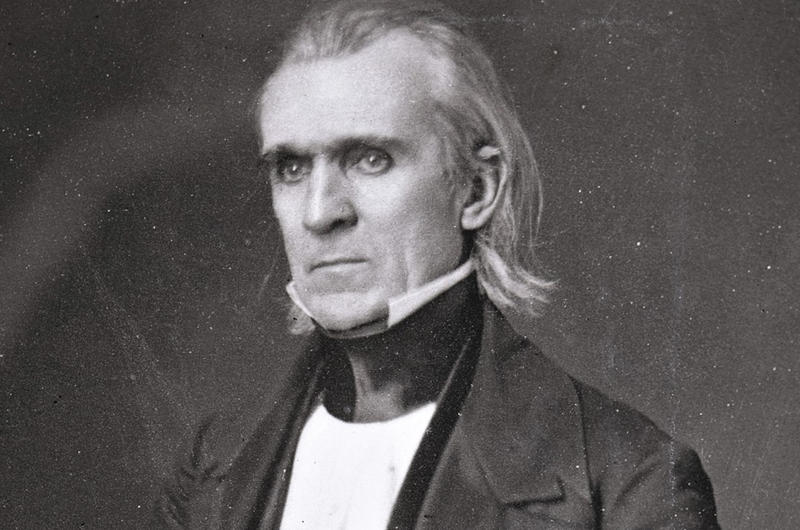
Source: historic-memphis.com
President Polk was known to be a man of his word and swore only to serve one term. So, true to this reputation, he only served a single term as President before stepping down. This occurred in 1849. Polk was sworn into office and then promptly left the office building. While this may seem like a minor detail, it actually created quite a problem.
HISTORY’S SUNDAY CONUNDRUM
According to the presidential line of succession, Zachary Taylor was next in line to assume the role after James K. Polk. However, since the day of the inauguration fell on a Sunday, Taylor could not take the president’s seat immediately. This was because, at the time, it was a strict Christian rule that Sunday was a day of rest, and work was strictly prohibited.
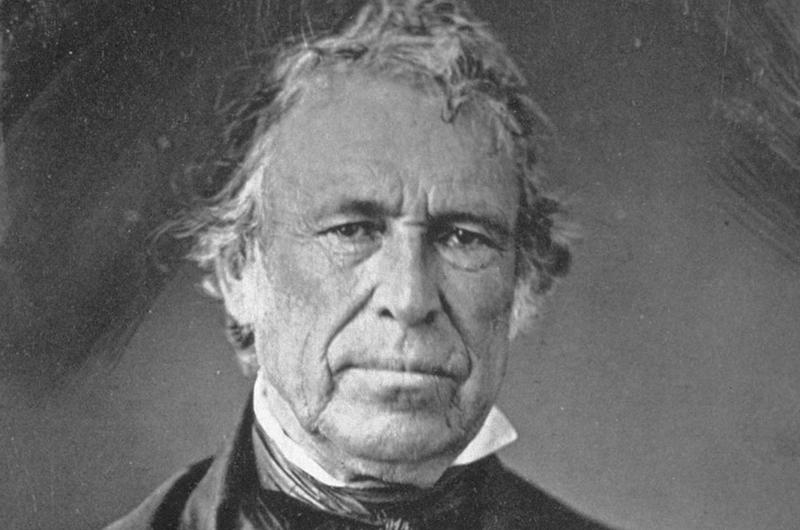
Source: politico.com
This resulted in a one-day leadership vacuum, during which David Rice Atchison exerted influence and shaped the country’s direction. So, despite being next in line for the presidency, Taylor could not take office due to this religious rule, leaving Atchinson with an opportunity.
THE ROLE OF PRO TEMPORE
In 1845, Atchison was sworn in as Pro Tempore of the Senate, meaning he was responsible for overseeing Senate proceedings in the absence of the Vice President. According to the laws at the time, the Pro Tempore was also second in line for the presidency, so Atchison’s role was significant.
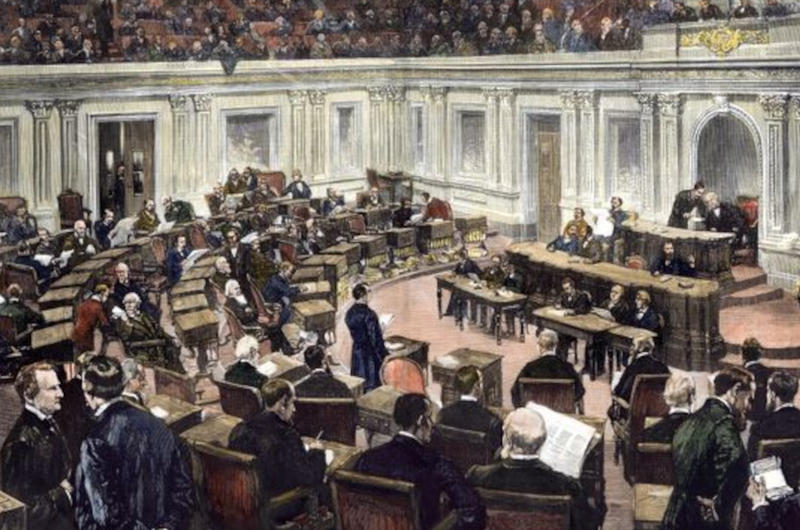
Source: northwindpictures.com
If the Vice President was not present and the President could not fulfill his duties, Atchison would have been tapped to step in and take over as acting President. This position of power and influence allowed Atchison to shape the country’s direction and influence important decisions.
24 HOURS IN LIMBO
It seems the succession of power was not clear-cut due to the circumstances surrounding the transition from President James K. Polk to his successor, Zachary Taylor. The President at the time, Polk, refused to stay in office for even one more day, causing confusion within the ranks. Additionally, the term of the Vice President also ended with Polk’s departure, so there was no clear successor in place.
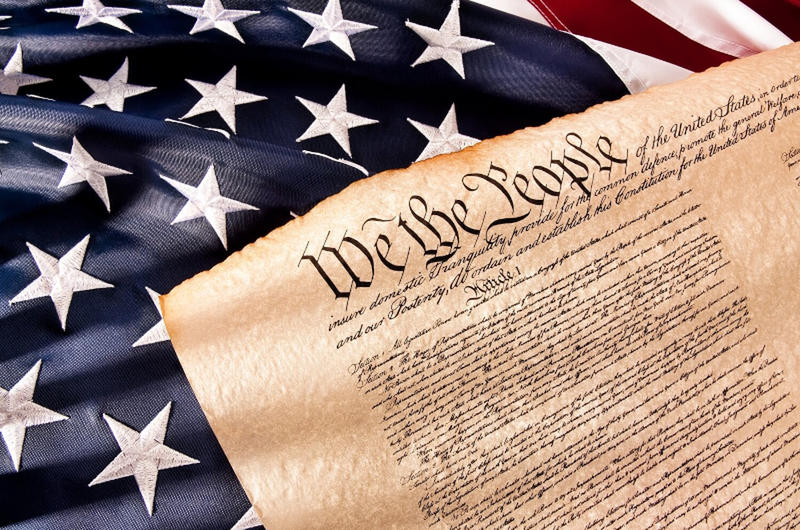
Source: northwindpictures.com
In this situation, David Rice Atchison, as Pro Tempore of the Senate and second in line for the presidency, was technically responsible for filling the position for 24 hours. However, historical accounts of this time are murky, and there is some debate about the actual events.
UNCLEAR REPORTS
According to some newspapers, the de facto leader approached his temporary role with great enthusiasm and seriousness–though there is no official account from inside sources. The temporary president-elect formally requested the Seal of the Great Office and signed a few official documents.
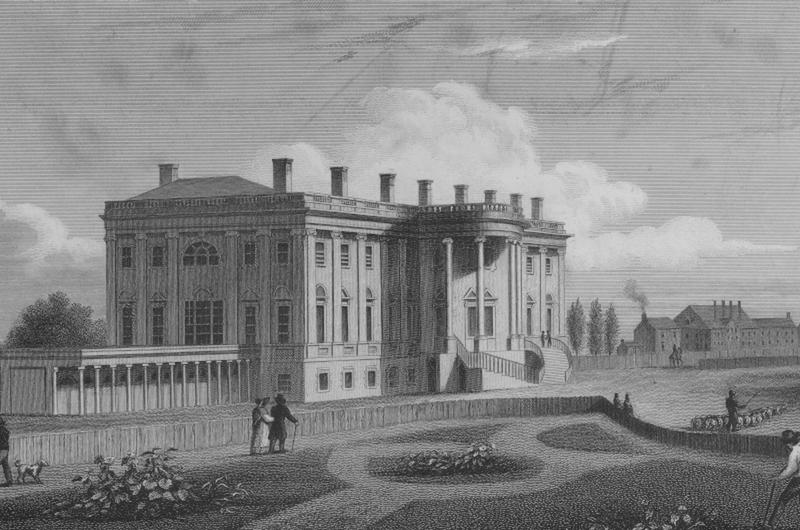
Source: thoughtco.com
While his tenure may have lasted only for one day, he seemed fully committed to the position. There were even whispers and jokes about a potential coup being staged by the new leader.
DIFFERING VERSIONS
Apparently, Atchison’s friends in the Democratic Party even jokingly suggested that he should try to prevent Taylor from taking office because it seemed that Taylor was not particularly eager to assume the role of president. Some of Atchison’s associates even attempted to gain his favor by offering special appointments, land, or other political favors.
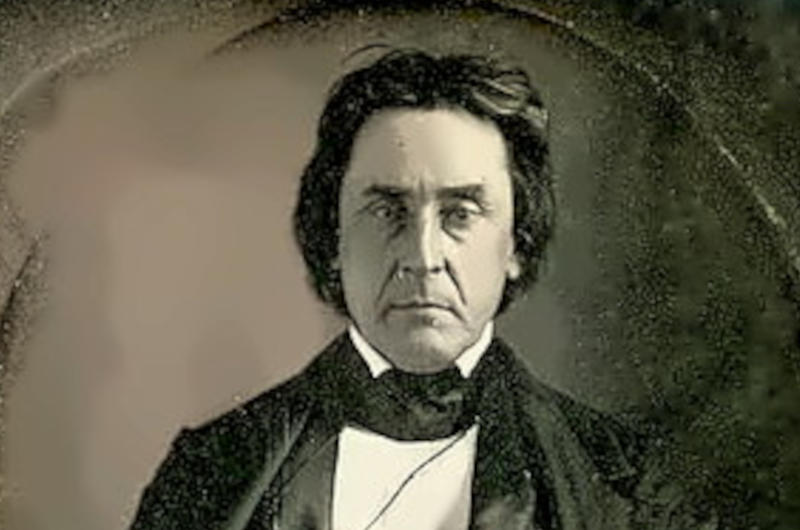
Source: sarayanews.com
However, some historians do argue that Atchison was not actually present when these events unfolded. As a result, it is unclear exactly what role, if any, Atchison played in the events leading up to Taylor’s inauguration.
NOTHING IS CLEAR
According to the supporters of this theory–there is no mention of Atchison’s temporary presidency in the Senate Journal or the Congressional Globe. If such an event had transpired, it would likely have been widely reported in the press and picked up by numerous publications.
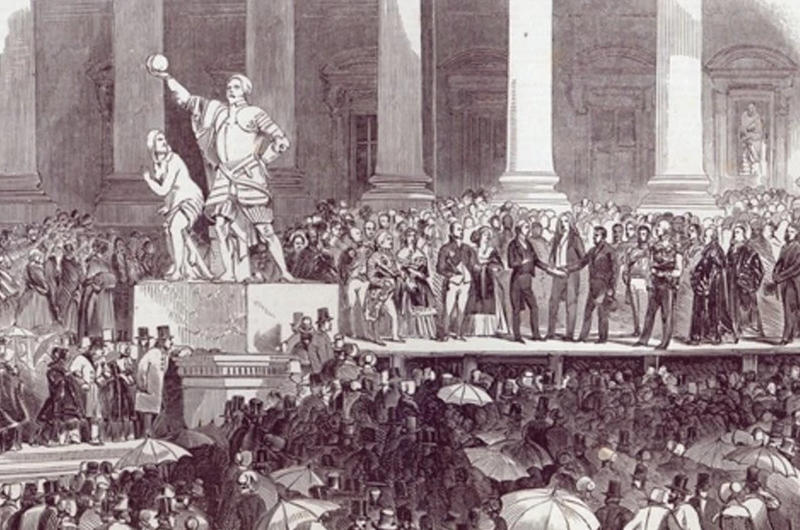
Source: bridgemanimages.com
It is also worth noting that Atchison’s role as Pro Tempore would have ended along with Polk’s presidency. This begs the question of what would have happened without a president.
THE MOST LIKELY SCENARIO
The reality of the situation is somewhat uncertain. In all likelihood, Atchison’s time as the acting president was relatively brief, potentially lasting only a day or a few minutes. It is possible there was a rush to get him sworn in as a precautionary measure in case there were any problems with Taylor’s succession.
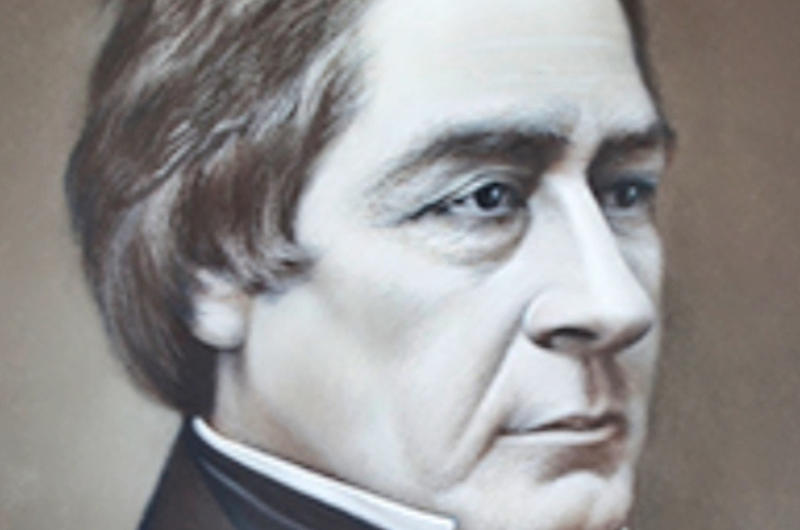
Source: factslides.com
If that were the case, the Vice President would have been next in line to assume the role officially as president.
NEVER SWORN IN
While some historians argue that the President does not necessarily need to be formally sworn in for power to take effect and that the specific date of the inauguration is not set in stone–others believe that the swearing-in ceremony is an essential part of the transition of power. It is possible that Taylor would have become President even if he had not been sworn in on the designated day. Still, it is also possible that the lack of a formal inauguration could have caused confusion or challenges for his administration.
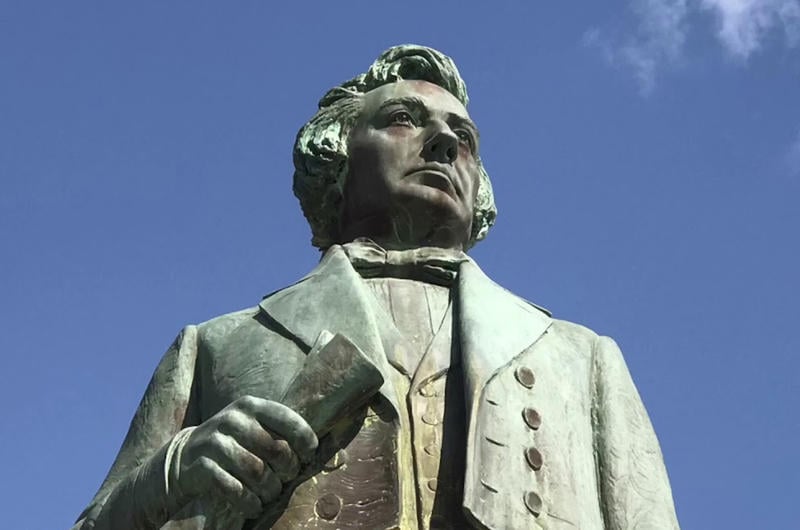
Source: History.com
It’s unclear what Atchison’s perspective was or how he was involved in the decision-making process. It is possible he played a role in ensuring the transition went smoothly, or he may have simply followed the lead of others during this time.
IN HIS OWN WORDS
Interestingly in the early 1880s, Atchison reportedly commented on the matter, stating, “I never for a moment acted as president of the U.S.”
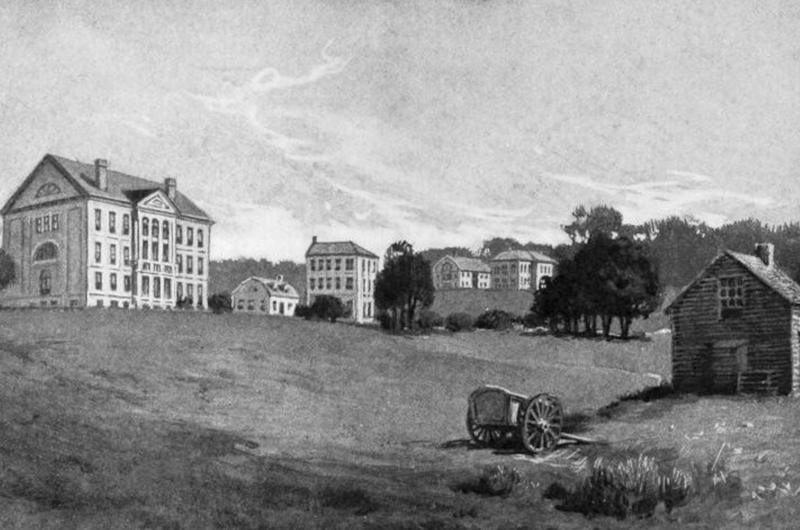
Source: history.com
There is also an alleged report that he joked that he could have “slept through his entire presidency” if his friends had not interrupted him with requests for assistance or favors. Regardless of the integrity of these accounts, one thing is sure.
TODAY’S ACCOUNT
Regardless of the factual circumstances surrounding his possible time as acting President, Atchison holds the record for having the shortest presidency in the history of the United States. The events leading up to his brief spell in office are still debated among historians and remembered as one of the strangest episodes in America’s political history.
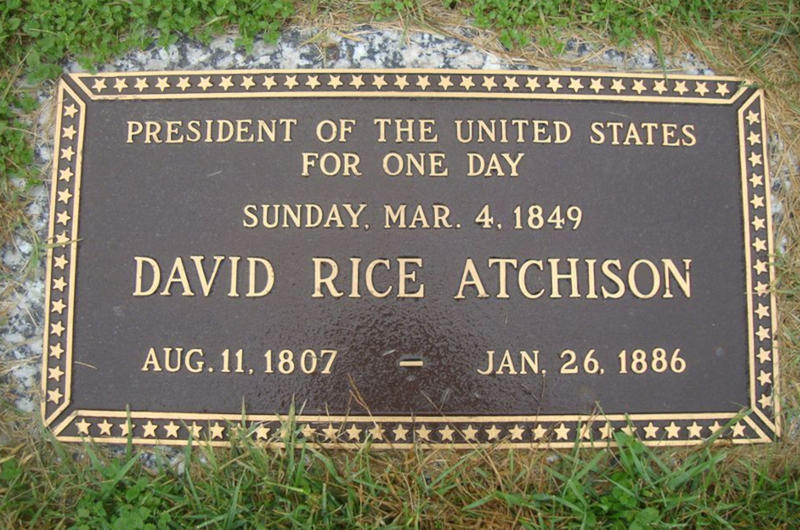
Source: nowiknow.com
To this day, some states continue to discuss and analyze the details of Atchison’s time as acting President and the circumstances that led to his assumption of the role. This bizarre episode will likely continue to be studied and debated for many years.
OTHER SHORT-TERMERS
Atchison’s presidency is a truly unique and fascinating piece of American history, as it is one of the shortest on record. However, he isn’t the only one who served briefly.
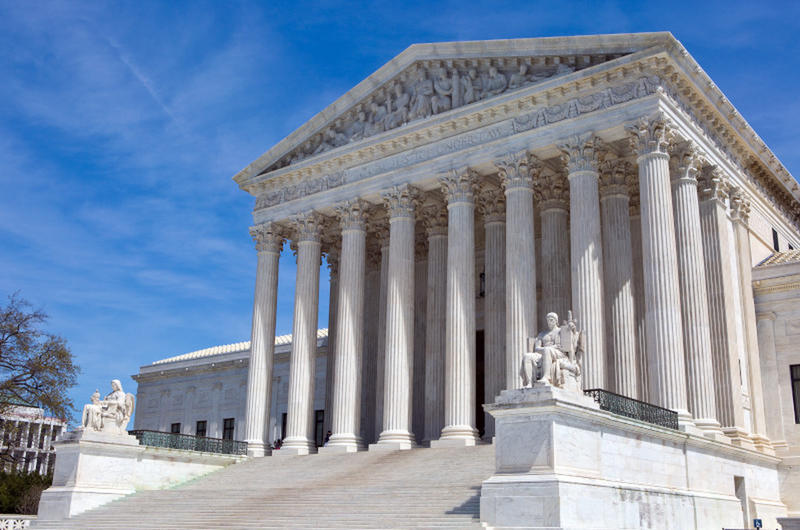
Source: moviemaker.com
Others with similar short records include William Henry Harrison, the 9th president, who served the next shortest time in US presidential history, lasting only 31 days. James A. Garfield, the 20th president, served significantly longer at 199 days, considerably jumping from the brief tenures of Atchison and Harrison.
